SHILLONG, AUG 17: Tribal chiefs in Meghalaya today resolved to demand the autonomous district councils (ADCs) to make their stand clear on the Instrument of Accession (IOA) and Annexed Agreement (AA) signed between the Centre and 25 Khasi States in August 17, 1948.
Under the banner of the Grand Council of Chiefs of Meghalaya (GCCM), a meeting held here to discuss on the non-fulfillment of the IOA & AA even after 69 years, also decided to seek the intervention of the United Nation Organization (UNO).
“We have resolved to urge the ADCs especially in Khasi and Jaintia Hills region to response to the queries of the Centre and make their stand clear on the IOA & AA,” Grand Council of Chiefs of Meghalaya (GCCM) chairman John F Kharshiing told reporters after the meeting.
According to him, the Ministry of Home Affairs (MHA) had earlier sought the opinion of the state government in a letter to the former chief secretary WMS Pariat, who had accordingly forwarded the same to the ADCs, which till date have failed to give their response on the matter.
He also informed that they would also demand the state government to re-constitute the committee on traditional institutions headed by chief adviser to the government DD Lapang which was de-notified in 2015 following protests by traditional headmen.
The Lapang Committee was constituted to find out ways and means to legalize the traditional village bodies following the December 10, 2014 ruling of the Meghalaya High Court which questioned the role and function of traditional heads in the state.
This has also led to growing demand for the state government to approve the KHAD (Village Administration) Bill, 2015, which however is still pending till today with the Ministry of Home Affairs (MHA).
Referring to the MHA’s letter to the government on the VAB, which termed the Dorbar Shnong as undemocratic, Kharshiing said, “It is true in a way because we are yet to find any place in the constitution of India. The MHA has interpreted the VAB from the Sixth Schedule perspective.”
“But we are not happy with the definition of rangbah Shnong as in the Sixth Schedule it is linked through a single proviso related to the appointment and succession of chiefs and headmen. The rangbah Shnong/nokma are yet to be given their identity in the Constitution of India ,” he added.
According to him, there is complete lack of recognition given to the traditional institutions due to this failure of the Centre to incorporate the IOA signed by the Khasi states in the Constitution of India.
In view of this, he said, “We want the Centre to implement the IOA by giving recognition under the Article 370 (A) which is similar to Jammu & Kashmir.” He informed that they are also preparing to take up the matter to the UNO.
Asked on the opinion of many that the IOA has become an obsolete subject, Kharshiing said that in fact the IOA is a core political issue which has been erupting in different forms in the state.
He pointed that the procession by the traditional headmen from across Khasi and Jaintia Hills region in 2015 around the Raj Bhavan (to demand for passing of the VAB), resolution passed by the state government to exempt the state from central laws are some of the issues due to non-fulfillment of the IOA.
“The age-old boundary dispute with Assam is also another issue which cannot be resolved if the IOA is not implemented since our rights were deprived while finalizing of the boundary,” he said.
Meanwhile, the meeting also resolved to take up the matter related to the IOA in the 5th Dorbar Ri (People’s Assembly) which is proposed to be held later this year.
By Our Reporter
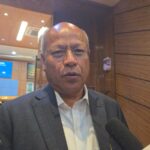
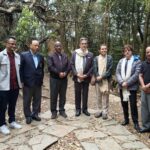

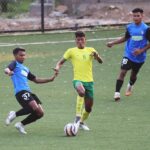


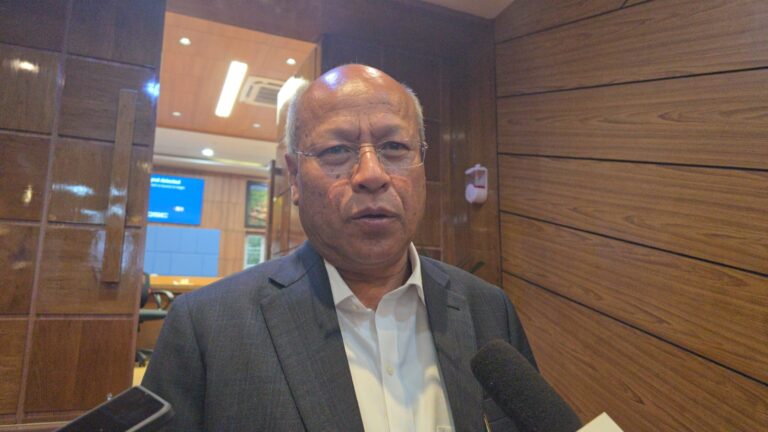
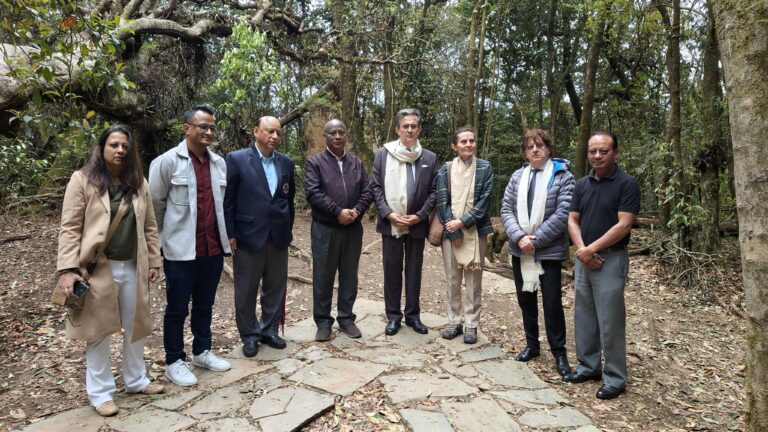
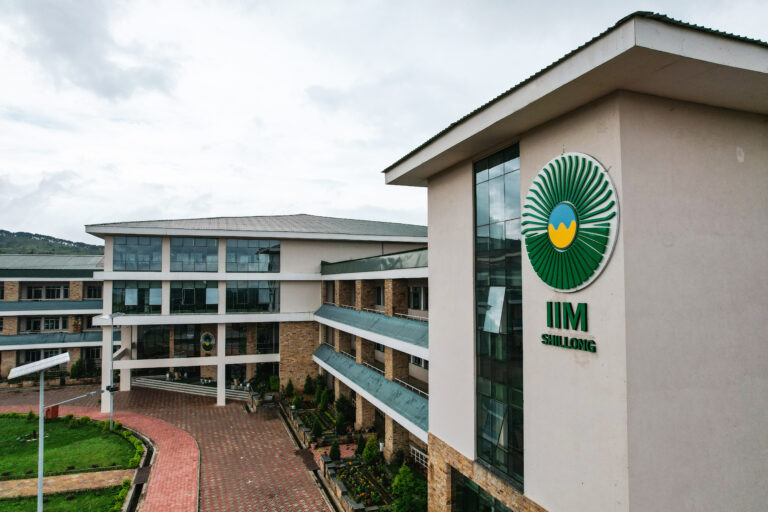
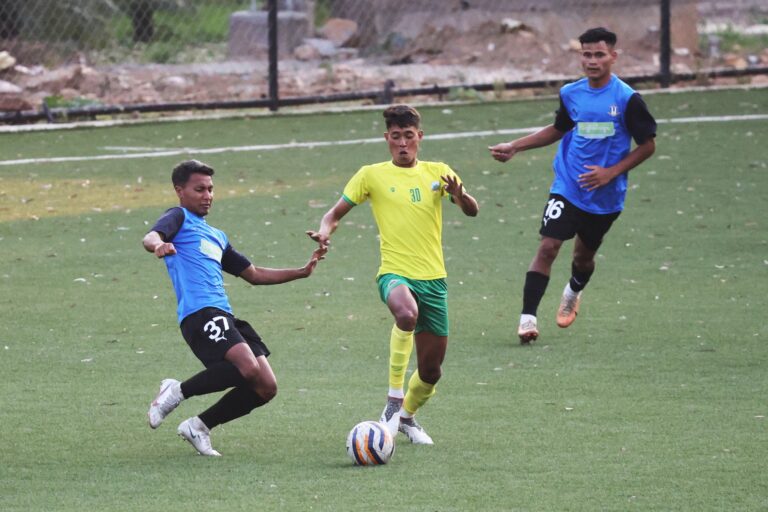
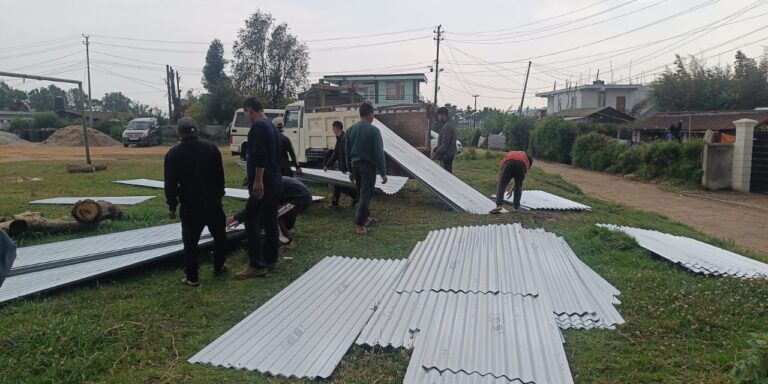

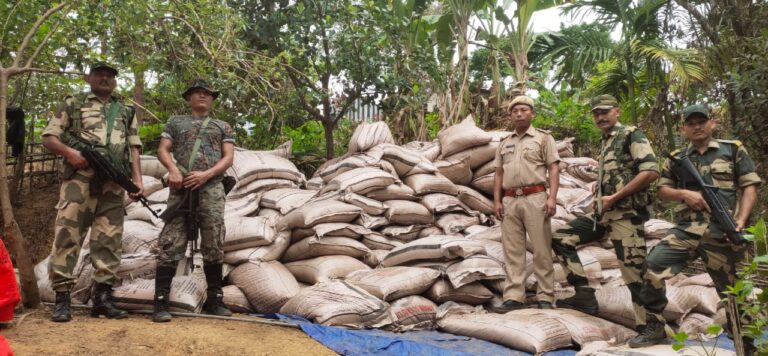
+ There are no comments
Add yours